The Death of Yusuf Nada: A Life of Leadership, Business, and Controversy
Yusuf Mustafa Nada, a prominent leader of the Muslim Brotherhood and a successful businessman, passed away today at the age of 94. Nada left behind a legacy marked by his roles in political mediation, economic ventures, and involvement in pivotal events across the Islamic and Arab worlds.
Early Life and Education
Yusuf Nada was born in Alexandria, Egypt, in 1931. He joined the Muslim Brotherhood in 1947 during his studies at Alexandria University's Faculty of Agriculture, where he met the group’s founder, Hassan al-Banna.
At the age of 20, he actively participated in resistance movements against British occupation in Egypt.
Imprisonment and Political Pressures
In 1954, Nada was arrested following the famous Manshiya Incident, where the Muslim Brotherhood was accused of attempting to assassinate President Gamal Abdel Nasser. He spent two years in prison and was expelled from university. Nevertheless, he persevered and graduated with a degree in agriculture in 1959.
Migration and Business Ventures
In 1960, facing mounting security pressures in Egypt, Nada migrated to Libya. He developed strong relations with King Idris al-Senussi, which granted him a Libyan passport. However, after Colonel Muammar Gaddafi’s coup in 1969, Nada left Libya and relocated to Greece and later to Italy, settling in the border town of Campione between Italy and Switzerland.
He established several companies operating across the United States, Saudi Arabia, Nigeria, Austria, and Liechtenstein.
Bank and US Terror Accusations
In 1988, Nada founded Al-Taqwa Bank, focusing on Islamic financial practices. However, following the September 11, 2001 attacks, the United States accused him of financing terrorism, leading to the freezing of his assets and those of the bank.
Despite extensive investigations by Western and US security agencies, no evidence was found against him, and charges were dropped. Nevertheless, the US kept his name on its blacklist.
Political Roles and Mediation Efforts
As the international representative of the Muslim Brotherhood, Yusuf Nada played key roles in mediating various international conflicts, including:
Mediating disputes between Saudi Arabia and Yemen, and Saudi Arabia and Iran.
Assisting in resolving the crisis between the Algerian government and the Islamic Salvation Front.
Providing Yemen with critical documents that helped resolve its territorial dispute with Eritrea over the Hanish Islands.
Trial in Absentia and Presidential Pardon
In 2008, Nada was sentenced to 10 years in prison in absentia by a military court under orders from then-President Hosni Mubarak. In 2012, President Mohamed Morsi issued a general pardon for Nada, clearing his name.
Following the 2013 military coup in Egypt, Nada was once again added to the country’s terrorism list.
Death and Legacy
With Yusuf Nada’s passing, the Muslim Brotherhood has lost a significant leader who played crucial roles in its history. His life, marked by both challenges and accomplishments, will remain a topic of discussion for years to come.
"What is happening in Yemen? What caused the war? And who ignited it?


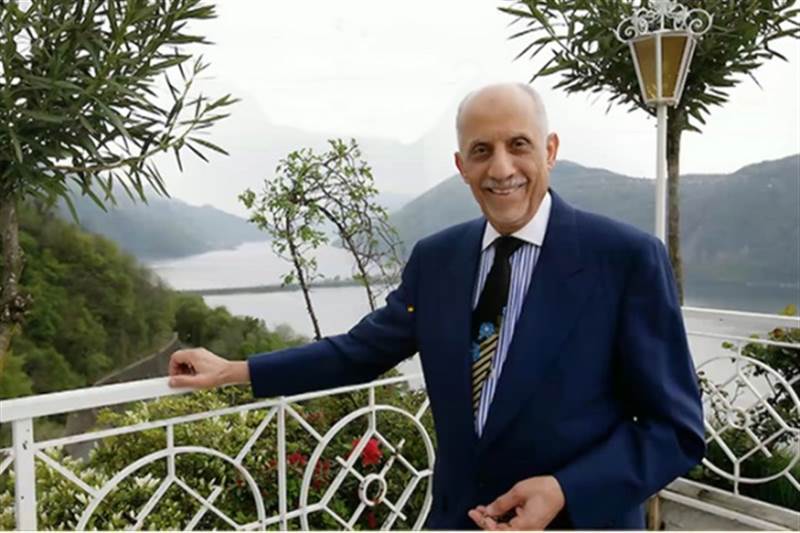

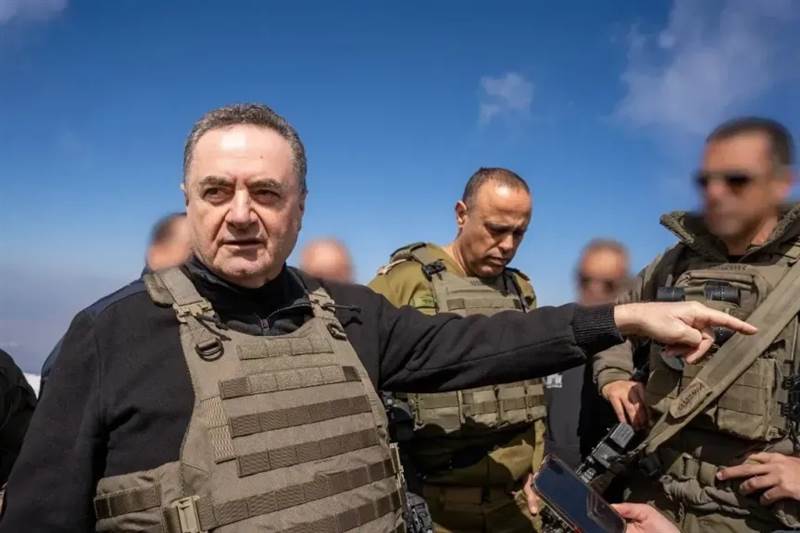

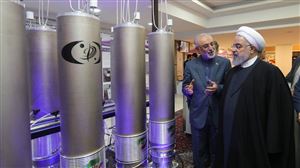

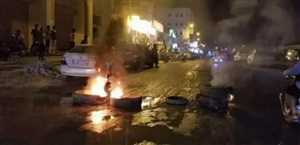

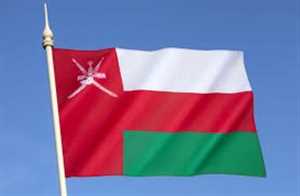

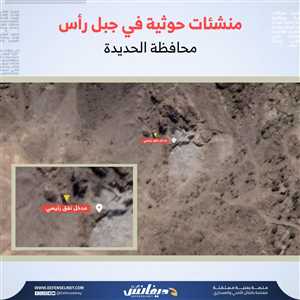
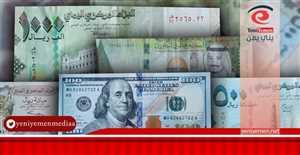
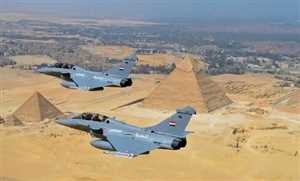
Comments